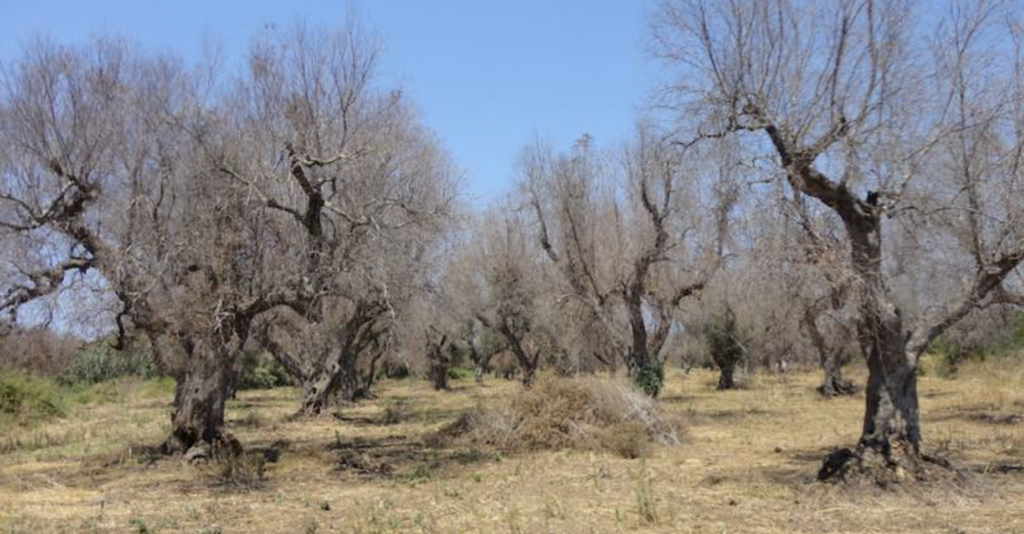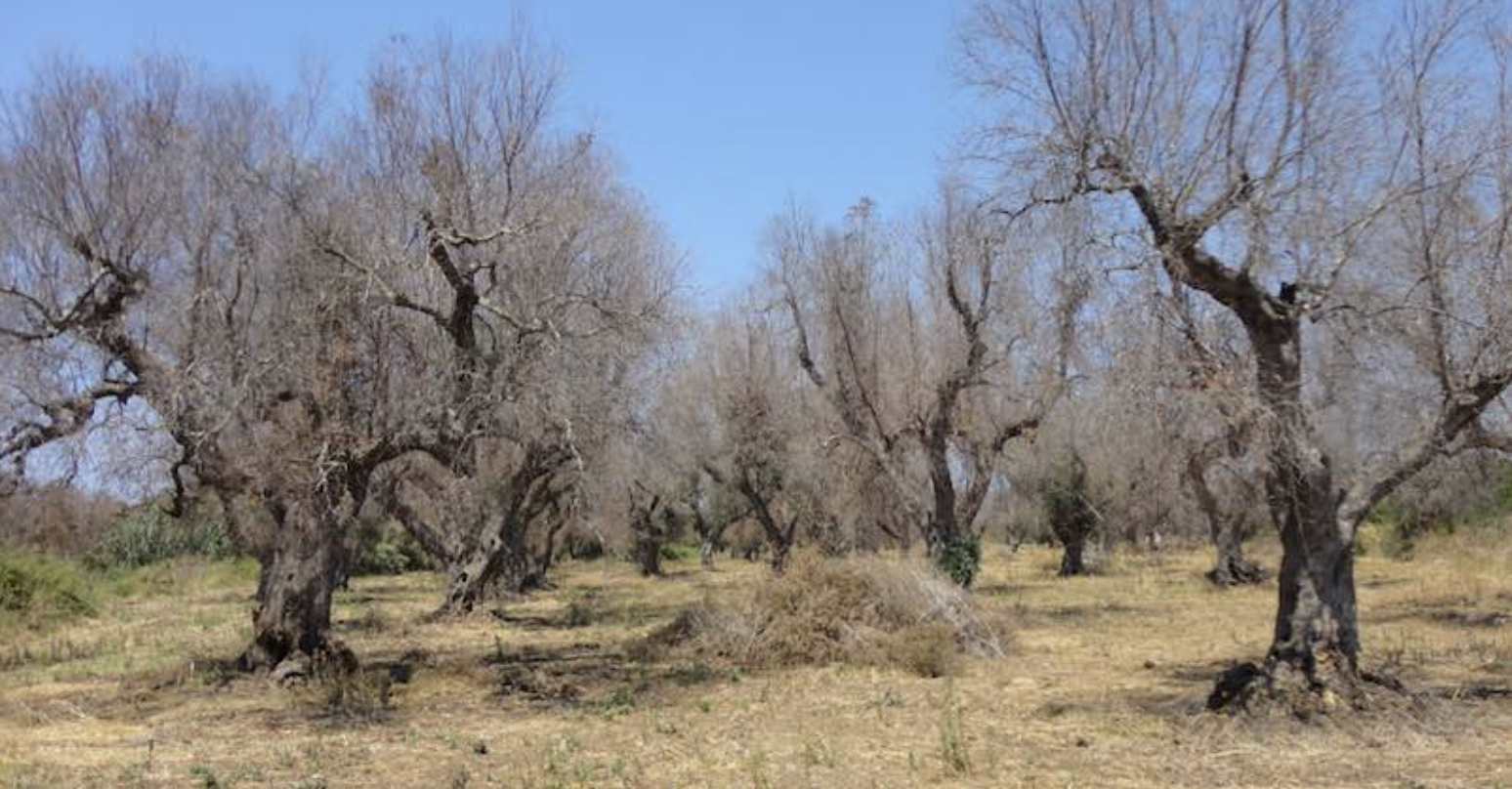Ainia has developed a strain of «Escherichia coli» to tackle Xylella fastidiosa.
The Olive Health Task Force has designed an integrated strategy for the control of endemic olive diseases, such as verticillium, and emerging diseases such as Xylella fastidiosa.
In this strategy, it has used biological solutions (microorganisms and/or plant extracts) that are compatible with organic production, and which also reduce the use of traditional chemical pesticides, leading to the production of higher quality olives and oils with greater added value.
Members and research lines
Specifically, this operational group is made up of the Granada-based company Domca, the Sociedad Cooperativa Andaluza (Dcoop), from Malaga; Laboratorios Neval (Valencia); the technology-based company Visiona IP (Madrid); Ainia (Valencia) and the Asociación de Fabricantes de Soluciones de Biocontrol (IBMA España).
 The line of research carried out by Ainia has consisted of selecting a microorganism with the greatest biostimulant and antagonistic potential against «Verticillium dahliae», from among the microorganisms available in the collection of biological and genetic resources of the technology centre.
The line of research carried out by Ainia has consisted of selecting a microorganism with the greatest biostimulant and antagonistic potential against «Verticillium dahliae», from among the microorganisms available in the collection of biological and genetic resources of the technology centre.
After the selection of several microorganisms, studies of the fermentation process were carried out on a laboratory scale and tests in pots by Domca. After selecting the microorganism with the greatest potential and best results, the production process was optimised in a one-litre-scale bioreactor, according to Ainia.
A strain to combat Xylella fastidiosa
In addition, Ainia has developed a genetically modified strain of «Escherichia coli» capable of producing recombinant endolysins with potential activity against Xylella fastidiosa. Endolysins are enzymes produced by bacteriophage viruses, with specific sequences for each of them, which allow them to act against a specific species or group of species of bacteria.
The expert from Ainia’s biotechnology department, Paloma Juárez, pointed out that «the recombinant production of endolysins, specifically designed to be able to cross the membrane and break the wall of Xylella fastidiosa, could be extremely useful for the sector, as it could be incorporated purified in various formulations for application in olive groves and other types of crops threatened by this pest».
Formulated with protection
Another line that Ainia has tackled in the project has consisted of the development of two prototype formulations compatible with organic farming, to be validated in fields with a high incidence of verticillium.
These formulations can be used together with other pest control methods, providing a fortifying effect and additional protection against diseases such as verticillium.
Finally, Ainia, together with Dcoop, has carried out preventive strategies (biostimulants), corrective and early detection strategies to combat verticiliosis in olive trees, through metagenomic studies of the soil microbiota and the isolation and identification of the microorganisms that cause this disease.
Source: ABC de Sevilla
